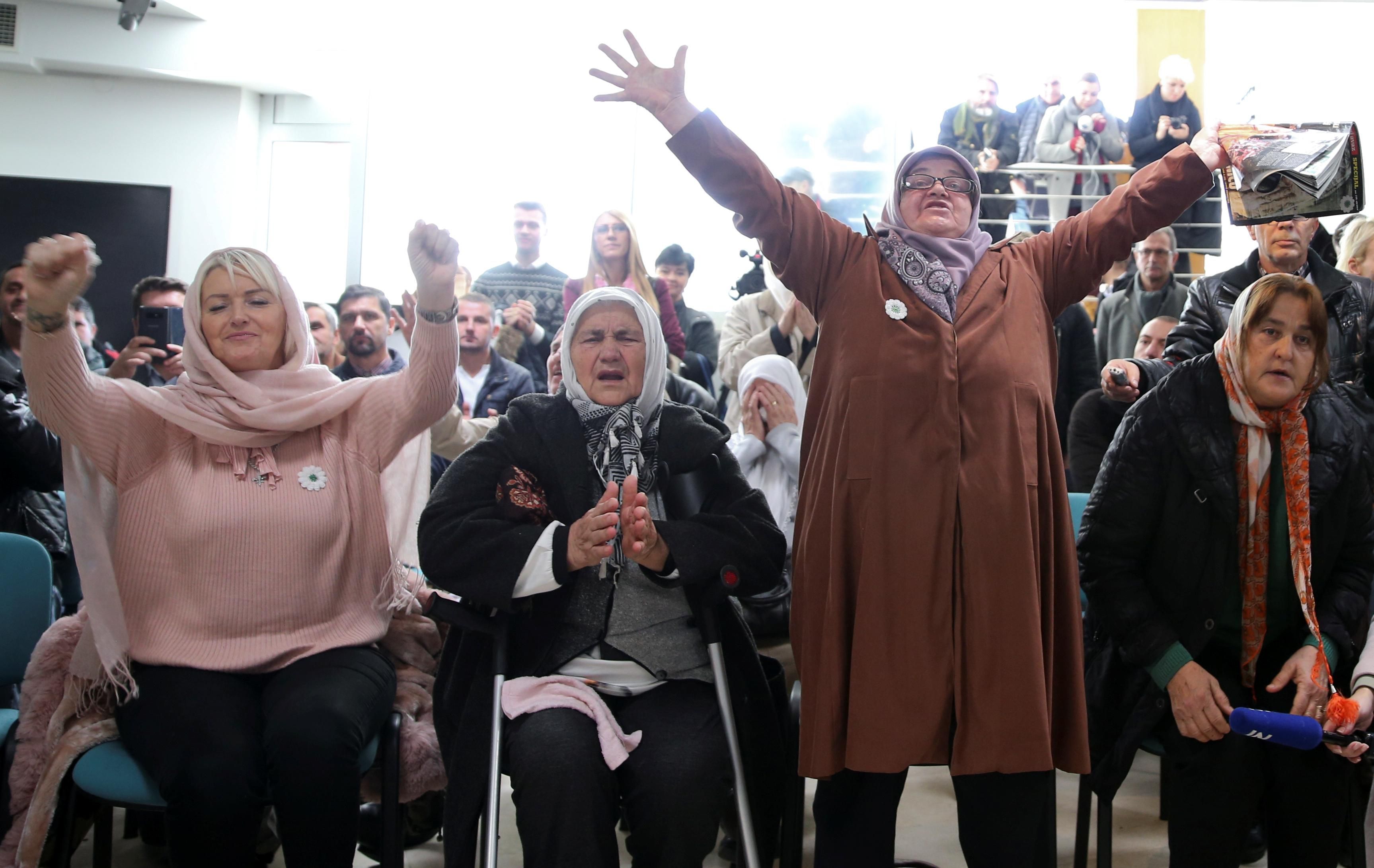News
June 08, 2021
8,000: A UN tribunal has upheld the conviction of former Bosnian Serb military leader Ratko Mladic, who was given a life sentence for overseeing the mass murder of 8,000 Muslim men and boys in Srebrenica, and other war crimes committed during the the war in Bosnia in the early 1990s. Mladic, known as the "Butcher of Bosnia," was a fugitive for 16 years before his capture in 2011.
1: The city of Rome, where pizza is sacrosanct, has gotten its first pizza vending machine. Massimo Bucolo, a pizza entrepreneur, says that he hopes Romans will warm to the idea of a device that can prepare pizza in mere minutes. But so far, the reaction amongst pizza-loving Italians has been underwhelming.
25: The 25 richest Americans have employed complex strategies to avoid paying taxes while their collective wealth rose a whopping $401 billion from 2014 to 2018, according to an explosive new ProPublica investigation. The outlet got its hands on a trove of documents outlining the reported incomes and taxes paid by the mega wealthy, including Warren Buffett, Elon Musk and Jeff Bezos.
2.15 billion: More than 2.15 billion COVID vaccine doses have been administered across the globe, accounting for about 14 percent of the world's population. At the current rate, it would take another year to reach global immunity, according to Bloomberg.
From Your Site Articles
More For You
Bad Bunny during the Super Bowl LX halftime show press conference at Moscone Center.
Kirby Lee-Imagn Images
100 million: The number of people expected to watch the Super Bowl halftime performance with Bad Bunny, the Puerto Rican superstar and newly minted Album of the Year winner at the Grammys.
Most Popular
Think you know what's going on around the world? Here's your chance to prove it.
- YouTube
An imminent US airstrike on iran is not only possible, it's probable.
Americans are moving less — and renting more. Cooling migration and rising vacancy rates, especially across the Sunbelt, have flattened rent growth and given renters new leverage. For many lower-income households, that relief is beginning to show up in discretionary spending. Explore what's changing in US housing by subscribing to Bank of America Institute.
© 2025 GZERO Media. All Rights Reserved | A Eurasia Group media company.
